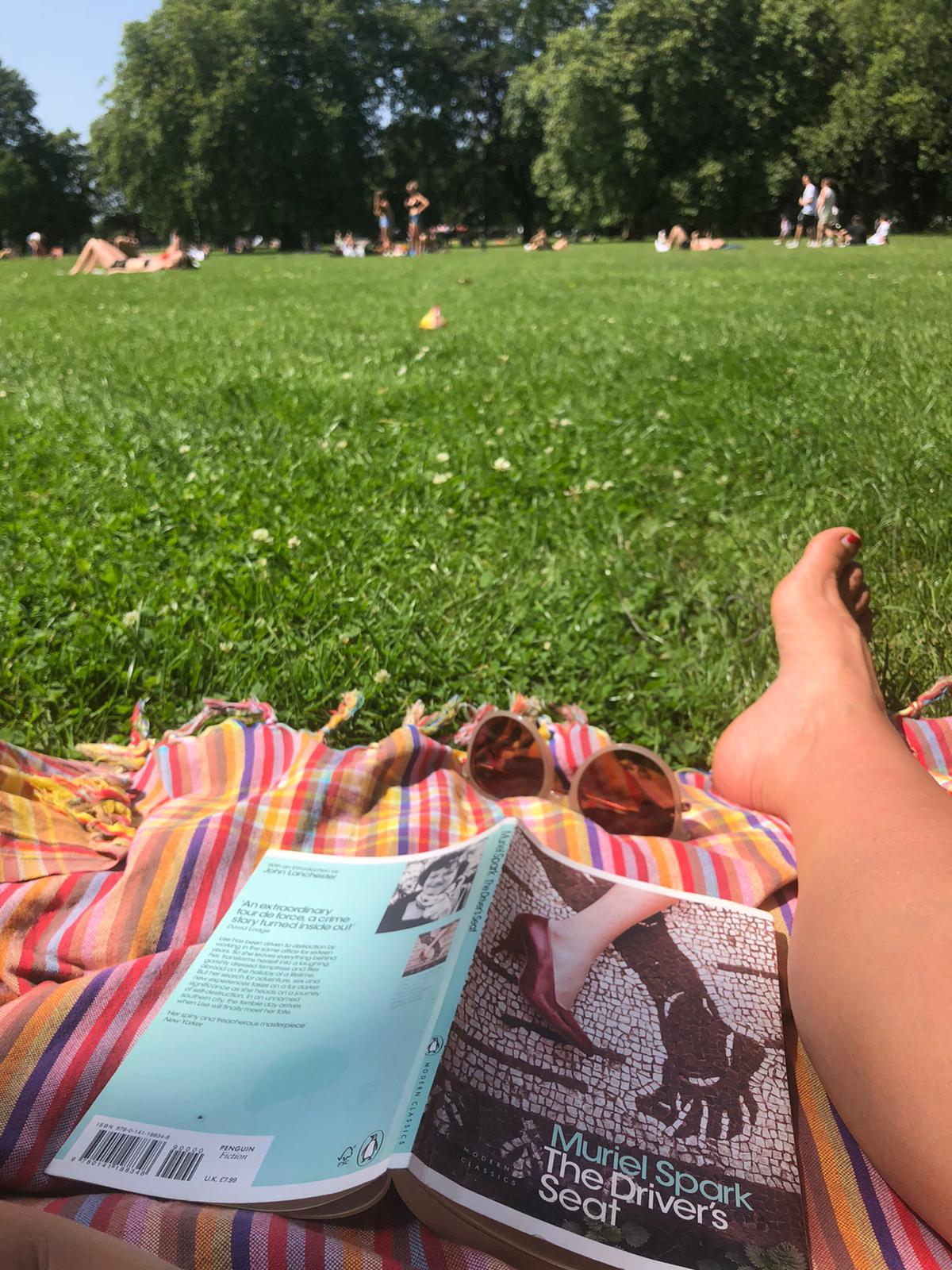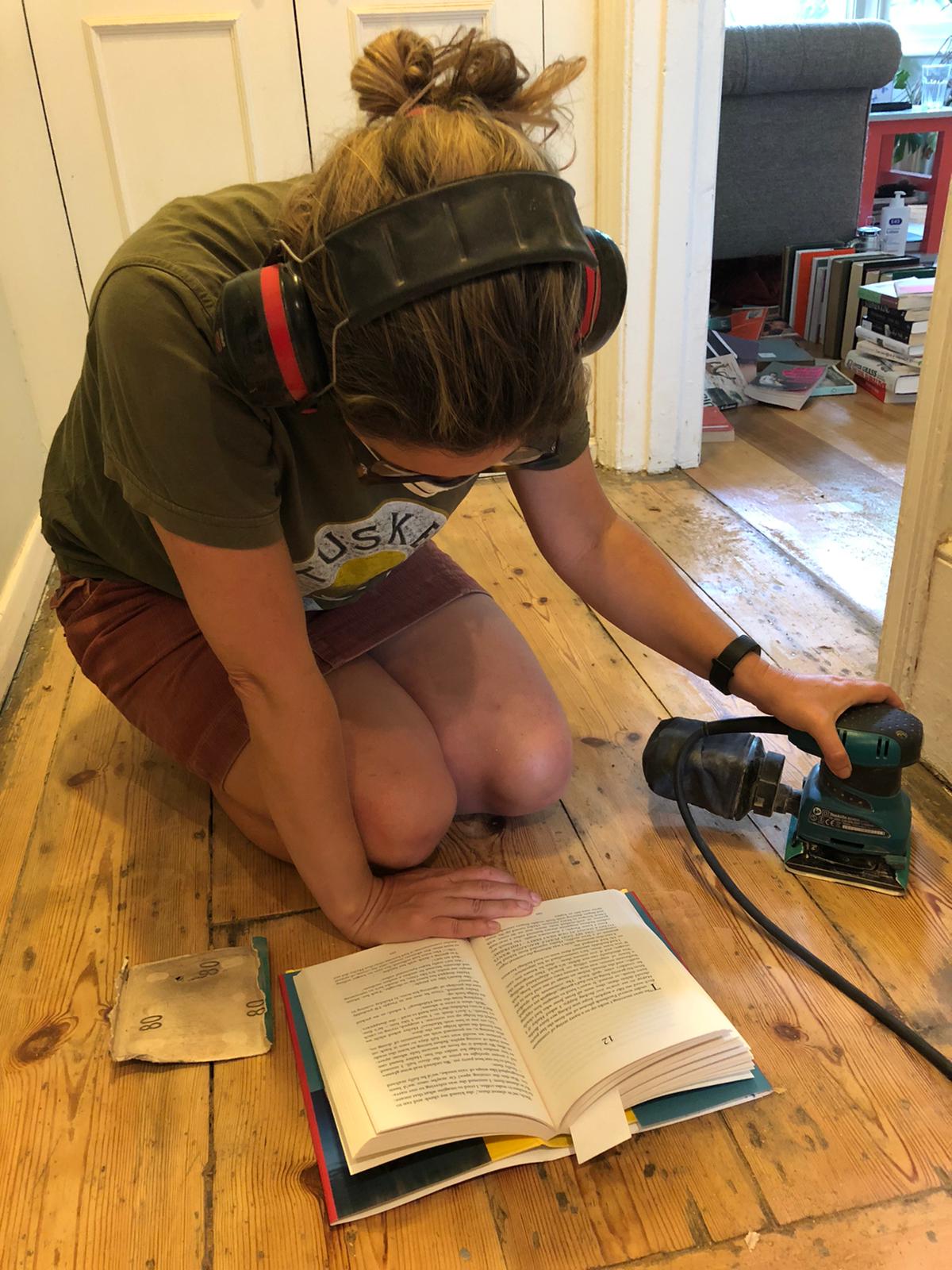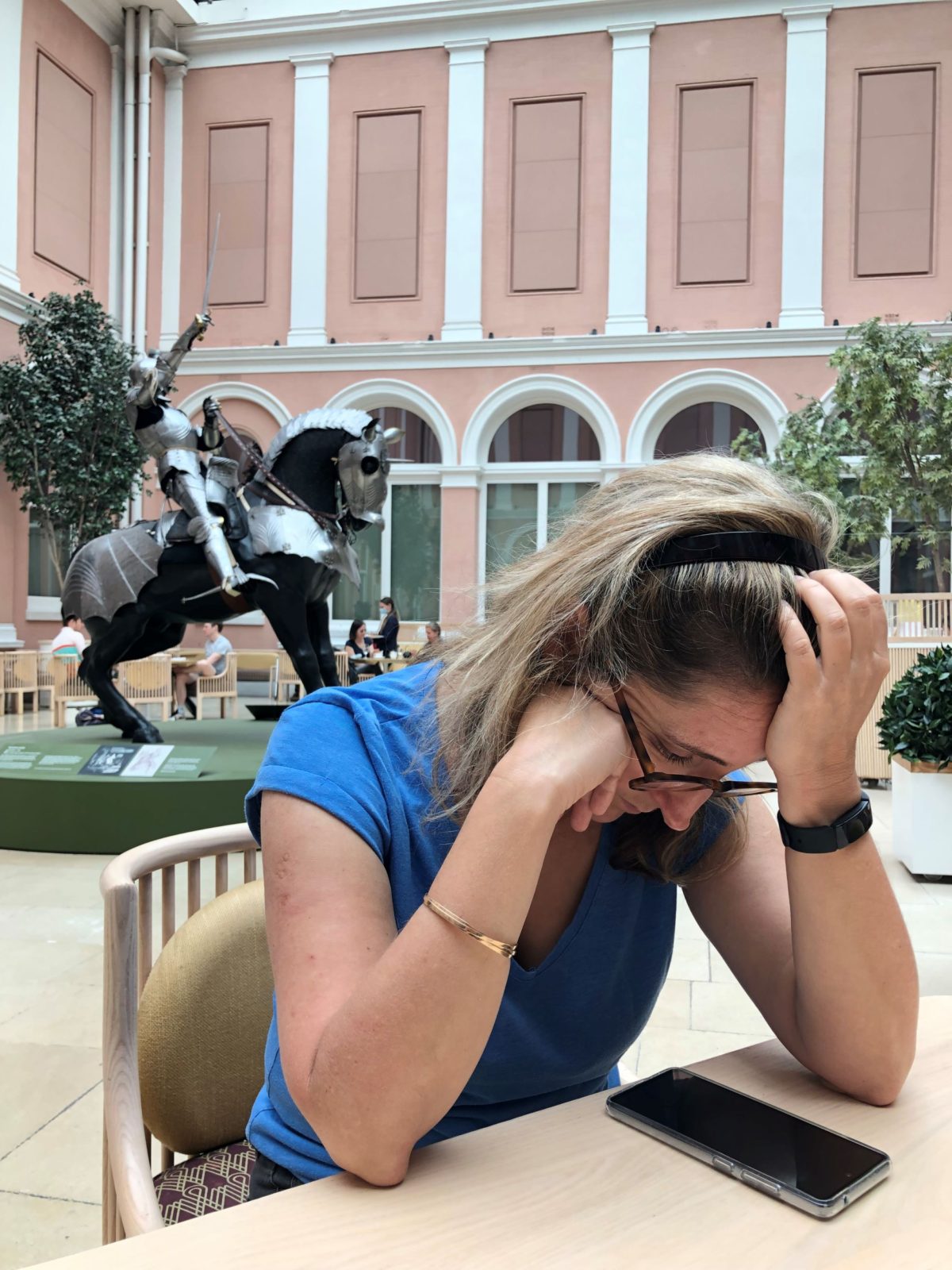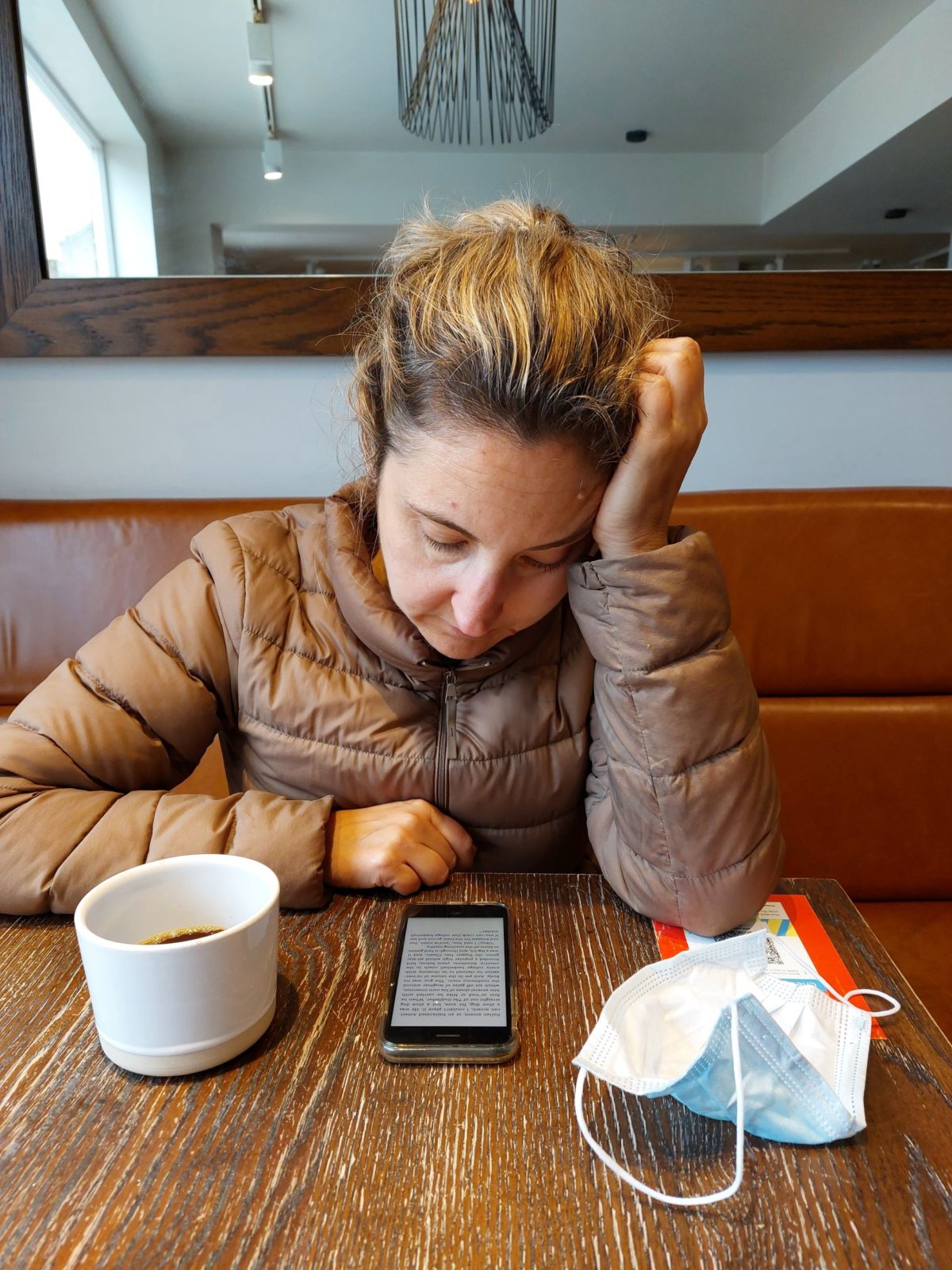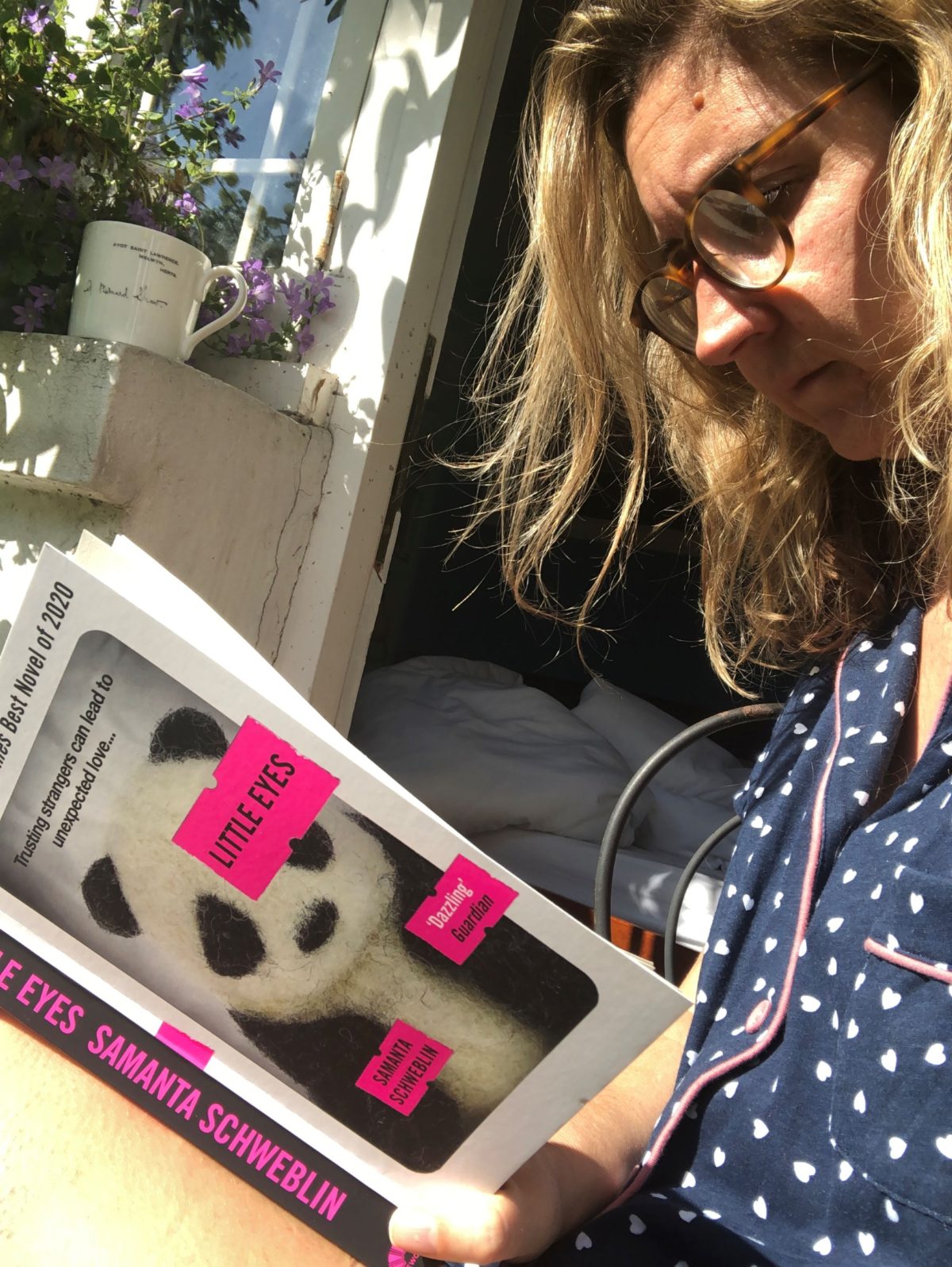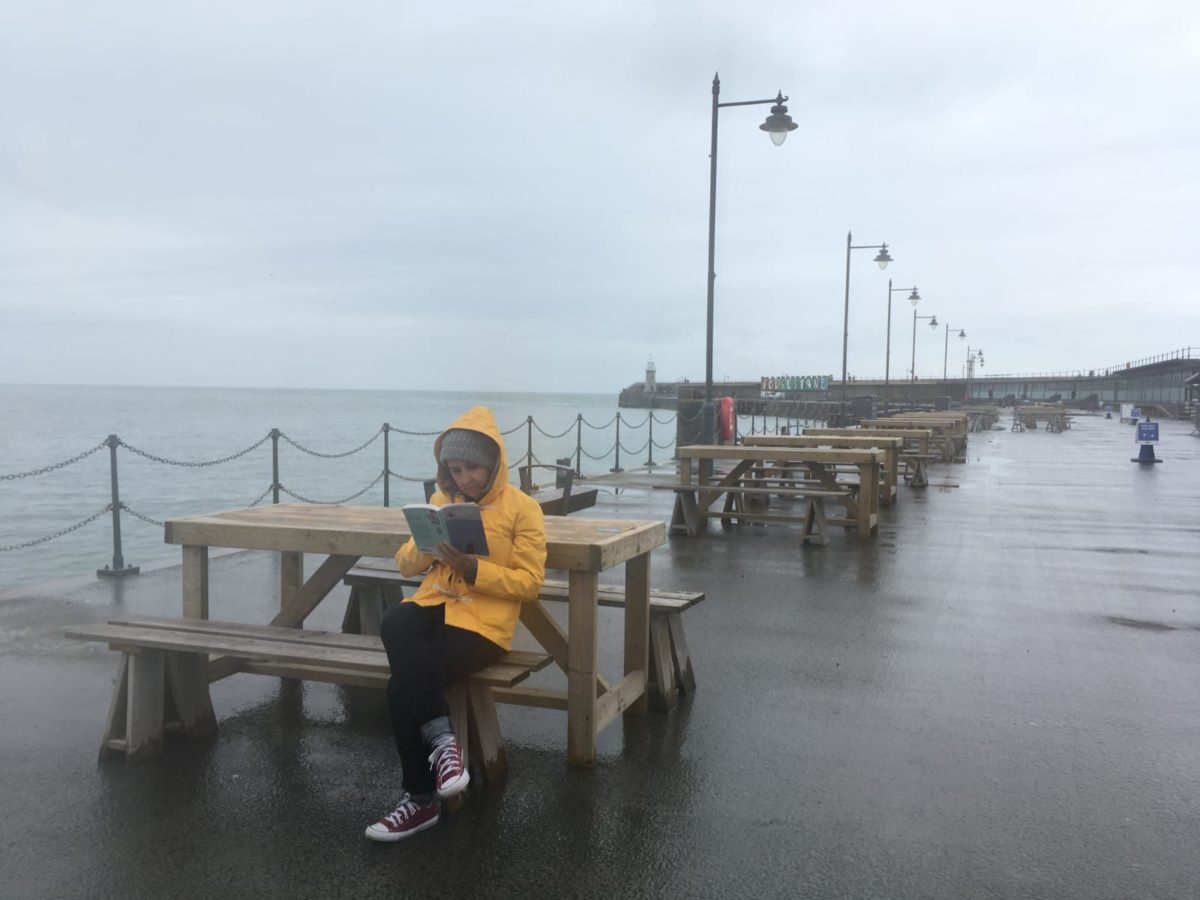Here is good writing put to little effect. It tells the story of a woman called Lise who goes on a mini-break, hoping to meet ‘the one.’ The author tells us from the beginning that Lise will end up murdered. The ‘one’ she is looking for is the one who will kill her, as she wants to die. Eventually, she lucks out and meets a man recently released from an asylum. Here they are shortly after meeting:
“Sex is normal,” he says. “I’m cured. Sex is all right.”
“It’s all right at the time and it’s all right before,” says Lise, “but the problem is afterwards. This is, if you aren’t just an animal. Most of the times, afterwards is pretty sad.”
Yes, it’s red flags galore.
She tells him she just wants to be murdered, not raped; he can do that ‘after.’ However, once they are alone in the dark park, he does his raping first. As to why, there I can’t help you. Men will need to be explaining their issues on that one.
Anyway, I found it kind of lame, despite objectively being unable to deny it was wonderfully written. Partly, not to be all woke about it, but all of this begging to die seemed a bit victim blame-y. You can die on your holidays without going looking for it. I think though my issues were less socio-political than artistic. The whole book was written at a sort of bizarre kind of remove. I think the introduction has it:
. . .the great flaw in post-modernism, however, has always been that the writer’s freedom to expose the fictionality of fiction tends to be precisely paralleled by the reader’s freedom not to care what happens in the book.
I mean, yup.

